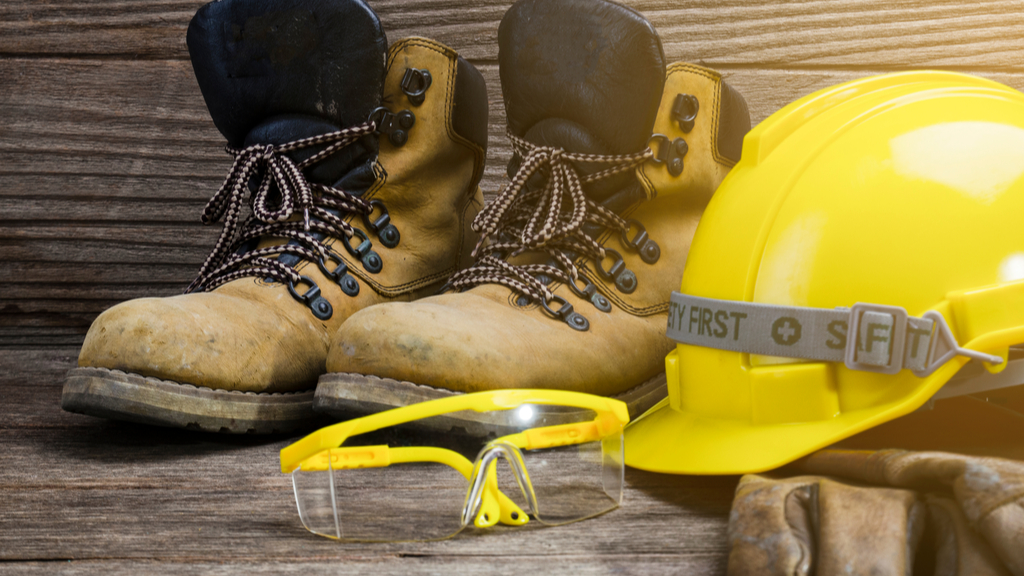The Essentials Of Keeping Employees Safe And Sound

Business owners have a host of responsibilities, from customers to the business itself, which has to be kept ticking along in the right direction. But if you have employees, then your number one commitment is to ensure that they’re safe and sound while at work. Any company that says it cares about its staff has to put a framework in place that ensures there’s as low a chance as possible that an employee has an incident while at the workplace.
Happily, this is not a new requirement. Companies have been prioritising their employees’ welfare for years, so we’ve gotten pretty good at what should be included in a business’ safety measures. If you’re a new employer, make sure you’re ticking all the essentials outlined below.
Managing Risks
Though some worksites are more inherently dangerous than others, there’s no such thing as a completely safe workspace. They all pose their own risks. So step one on the journey towards creating a safe space is to be aware of what type of risks are present at your facility. After all, it’s not the presence of dangers that’s necessarily the issue; the risk comes from not knowing what they are. If you can’t identify any risks at your site, you’re not looking hard enough. In complex worksites, it’ll be best to hire a safety expert to perform an assessment on your behalf.
Thorough Training
Having safety procedures in place will count for little if your employees don’t know what they are. While it’s not the most exciting aspect of running a business, it’s important to prioritise employee safety training. It’s not an exaggeration to say that training can make the difference between a potentially dangerous situation and an actual dangerous situation. New employees should be fully trained before they start work, and it’s also important to periodically refresh training. Employees forget, after all!
Safety Equipment and Tools
All worksites will need to have at least some safety equipment. For instance, a fire alarm and a fire extinguisher. Companies in certain industries will also need to provide their employees with personal protective equipment, such as hearing protection or hard hats. Others, such as those in the construction sector, may need to invest in site safety equipment such as radar speed signs and traffic light systems. Products should be periodically checked to ensure that they’re in full working condition.
Treating All Issues Seriously
Even if you’ve put the safety essentials in place, it’s likely that there’ll be some kind of issue at some point. Hopefully, it will be a minor incident that does not result in an injury. However, even in that instance, it’s important to treat the matter seriously. It might not have resulted in an injury this time, but there’s no guarantee that it won’t next time. By analysing the factors that contribute to the incident, you can make adjustments to your safety protocols and further reduce the risk. Whether it’s a blown light bulb or a small fall, treating each issue seriously can make all the difference.




